Business Email – A Solid Fortress Protecting Data in the Digital Age.
In the digital age, where data has become a valuable asset and cyberattacks are increasingly sophisticated, information security has become a top priority for every business. Email – the most common communication channel in business operations – is also one of the easiest targets for hackers. Therefore, choosing business email instead of free email is no longer a matter of style but a strategic decision to ensure the safety of your system and customer data.

Business Email – A Comprehensive Security Solution in the Digital Transformation Era
Digital transformation is not just a trend but has become a survival strategy for every business today. From internal management, document storage, customer care to multi-channel sales operations – everything happens on a digital platform. In that ecosystem, email plays a central role, as an irreplaceable communication tool and a direct "connection port" between the business system and the outside world.
Using free email in a business environment is like building a house without a lock. On the contrary, business email acts as a professional “shield” – helping to establish a security fence from the root, ensuring the safety of every data exchange.

Security Risks of Using Free Email
Vulnerable to Hacker Attacks
Free email services like Gmail, Yahoo, and Outlook often lack the in-depth security layers required for a business environment. Hackers can easily use phishing, spoofing, or brute-force attacks to compromise accounts, steal user information, customer data, or impersonate the business's identity.
Lack of Control Over the Entire System
Because they are operated by a third-party provider, free email services do not allow businesses to control access rights, monitor email activity, or store data as required. This poses a significant risk in the event of an incident or account lockout.
Difficult to Recover from Incidents
When technical problems occur, the recovery of free email depends entirely on the general support process, which is often not prioritized or personalized. Meanwhile, the loss of email data can have serious consequences for businesses, especially with important financial, customer, or internal documents.

Why Businesses Should Choose Business Email for Information Security
Proactive Email System Management
Using business email allows businesses to proactively set up the system according to their needs, including authorization, access control, usage restrictions, and activity log auditing. This helps minimize internal risks – one of the most common causes of data leakage.
Email Content Encryption
Most high-end business email services support end-to-end encryption (E2EE) – a technology that ensures content can only be read by the sender and recipient, even the provider cannot interfere. This is an extremely important security layer, especially for industries such as finance, insurance, healthcare, real estate…
Two-Factor Authentication (2FA) – A Lock to Prevent Unauthorized Intrusion
Two-Factor Authentication (2FA) is integrated by default in business email systems, ensuring that only legitimate users can access it. Even if the password is leaked, malicious actors still cannot log in without a second authentication device.
Anti-Spoofing Security
Spoofed emails are a common tactic to trick recipients and collect sensitive information. With security standards such as SPF, DKIM, and DMARC, business email prevents impersonation and improves the delivery rate of emails to the main inbox instead of the spam folder.

In-Depth Security Mechanisms Integrated in Business Email
SPF – Sender Policy Framework
SPF helps verify whether the email sending domain is authorized from that IP address. This prevents spoofed emails from being sent from fake addresses.
DKIM – DomainKeys Identified Mail
DKIM allows recipients to verify that the email has not been modified since it was sent. It uses digital signatures to confirm the email's authenticity.
DMARC – Domain-based Message Authentication, Reporting & Conformance
DMARC works with SPF and DKIM to provide a comprehensive report on mail sending behavior from the domain, helping businesses proactively control usage and prevent brand impersonation.
How Does Business Email Protect Customer Data?
Secure Data Storage on Private Servers
Business email services allow data to be stored on servers with high-security certificates, and you can even choose to locate servers in Vietnam to comply with domestic legal regulations.
Data Backup and Recovery Capabilities
A superior advantage of business email is the ability to perform regular backups. In the event of an incident (accidental deletion, cyberattack, system error), data can be fully recovered, helping businesses avoid operational disruptions.
Email Activity Monitoring and Auditing
Businesses can monitor email sending/receiving activities, analyze access logs, and detect anomalies immediately. This is an effective tool for early warning and preventing risks before major incidents occur.
Examples of Information Leakage Due to Not Using Business Email
Case 1: Former Employees Steal Customer Data
When using free email, the email account is owned by the individual and cannot be revoked or controlled when the employee resigns. This opens the risk of leaking customer lists, contract information, sales prices… causing serious damage.
Case 2: Phishing Through Spoofed Addresses
Many businesses have been complained about by partners for receiving spoofed emails from addresses that are very similar to congtyabc@gmail.com. While if using business email, the system can prevent domain impersonation from the beginning.
Comparison: Business Email vs. Free Email in terms of Security
With business email:
- Has end-to-end encryption
- Has SPF/DKIM/DMARC anti-spoofing
- Has 2FA, access authorization
- Has a monitoring system – activity logs
- Has backup and recovery services
- Has 24/7 technical support
With free email:
- Cannot control the domain name
- No authorization
- No in-depth content encryption
- No guarantee of recovery when data is lost
- Limited technical support
The Importance of Email Security in the Age of AI and Cloud Computing
AI is Making Cyberattacks More Sophisticated
In the age of artificial intelligence, cyberattacks are not only increasing in number but also developing in sophistication. Hackers can use AI to:
- Learn the email communication habits of businesses, creating fake email templates that are difficult to distinguish.
- Create highly personalized email content, making it easier for recipients to be deceived.
- Automate mass phishing attacks, systematically exploiting vulnerabilities.
Free email platforms often do not have the ability to learn user behavior or perform deep analysis to detect anomalies. This makes businesses more vulnerable to attacks without prior warning.
Business Email Integrates Intelligent Security
Modern business email often comes with security solutions that apply AI and advanced data analytics technology. Typical features include:
- Analyzing user behavior to detect unusual logins and automatically locking accounts if necessary.
- Automatically scanning attachments and links in emails to detect malware, viruses, or spyware.
- Real-time security alerts to administrators when there are signs of an attack.
These features not only protect individual accounts but also serve as a solid barrier for the entire business information system.
Business Email – Protecting Reputation and Brand
Demonstrate Professionalism in Communication
Using email in the format @companyname.vn shows a professional image and helps partners and customers trust you more. In important transactions, especially B2B or international contracts, an email address with a brand name always creates a clearer, more reliable feeling compared to free accounts like Gmail or Yahoo.
This is not only a communication tool but also an extension of the brand identity.
Prevent Brand Impersonation via Email
Business email allows security configuration with standards such as SPF, DKIM, DMARC – helping to verify that the sending source is actually from the business's system. This minimizes the possibility of hackers using similar company domains to scam customers.
Ensuring that no one else can send emails under your company's name is also an indirect way to protect your reputation and avoid unnecessary communication crises.
Comply with Laws on Personal Data Security
Avoid Violating Decree 13/2023/ND-CP
This Decree requires all businesses that process personal data to have appropriate security measures. Especially data such as names, phone numbers, transaction information... If leaked, businesses not only lose reputation but also risk heavy fines.
Using business email – especially services hosted on Vietnamese servers – helps businesses comply with regulations more easily, without worrying about legal issues.
Ensure Storage, Encryption, and Authorization are Up to Standard
Business email is not only a communication tool but also a data management system that can control who is viewing, sending, editing, or downloading what data. Administrators can restrict access, monitor activity logs, and encrypt important content.
This tight control is very important in case of data disputes or the need to trace violations within the organization.
Minimize Financial Risks and Confidential Information
Set Up Multi-Step Verification When Sending Sensitive Data
Business email can configure separate security processes, such as:
- Two-factor authentication (2FA) when sending internal information, customer data, contracts.
- Set up an internal confirmation layer, requiring manager approval before sending.
- Automatic warnings if the email contains sensitive keywords such as “quote”, “transfer”, “password”.
Thereby, significantly reducing situations of sending information by mistake or being tricked into sending information.
Record Logs and Warn of Abnormal Behavior
All activity in the email system is recorded:
- Logins from strange IPs, unusual times, and suspicious behavior are all recorded.
- You can set up alerts when emails are sent in abnormally large quantities or attached with strange files.
- Easily check the operation history in case of data leakage investigations.
This is a key feature to help businesses proactively control and prevent incidents.
Integration with Management and CRM Systems
Synchronize Customer Data Quickly
Business email has the ability to seamlessly connect with CRM, ERP systems, or internal software to:
- Save customer exchange history, avoid data loss when changing personnel.
- Attach emails to customer profiles, helping sales and customer care departments easily track.
- Integrate work schedule reminders, automated follow-ups.
Thereby, all information is organized synchronously, consistently, and easily accessible.
Automate Workflows and Customer Care
Business email systems often support:
- Creating automatic email sending scenarios: care, upsell, payment reminders...
- Integrating contact forms from the website to create leads into the CRM system.
- Tracking open, click, and response rates to measure interaction effectiveness.
All help businesses operate flexibly, save time, and increase marketing efficiency.
Industries that Should Prioritize Using Business Email
Fields Requiring High Security
- Banking, finance, insurance
- Healthcare, healthcare
- Law, consulting, accounting
- Real estate, investment
- E-commerce, logistics
Why do these industries need secure email?
The above industries often handle large amounts of sensitive data – including financial data, contracts, personal data, patient information – so they need a strong security layer, content encryption, and full system access monitoring. Business email is the choice to help control and comprehensively prevent risks.
Investment Costs – Long-Term Benefits of Business Email
Although the initial cost to deploy a business email system may be higher than free services, in the long run, businesses save significantly thanks to:
- Minimizing the risk of data loss – avoiding financial and reputational losses
- Increasing work productivity thanks to system integration and synchronization
- Protecting brand and customer information
- Meeting security standards to expand internationally
This is a valuable investment for a sustainable digital future.
Turnkey Business Email Deployment Solution at MIMA
MIMA Trading and Service Co., Ltd. is a pioneer in deploying business email under its own domain name, providing a turnkey solution from A-Z:
- Consulting to choose a platform suitable for scale and budget
- Buy a domain name, configure a private email system
- Detailed usage instructions, internal training
- 24/7 technical support – immediate incident handling
Accompanying services from MIMA:
- SEO standard website design
- High-speed hosting located in Vietnam
- Overall SEO service
- Periodic domain name management and renewal
Contact Information:
- MIMA TRADING AND SERVICE CO., LTD
- Tax code: 0318672839
- Address: 31/3B Hamlet 43, Dong Thanh Commune, Ho Chi Minh City
- Hotline: 0909 035 333
- Email: info@mimadigi.com
- Website: https://mimadigi.com

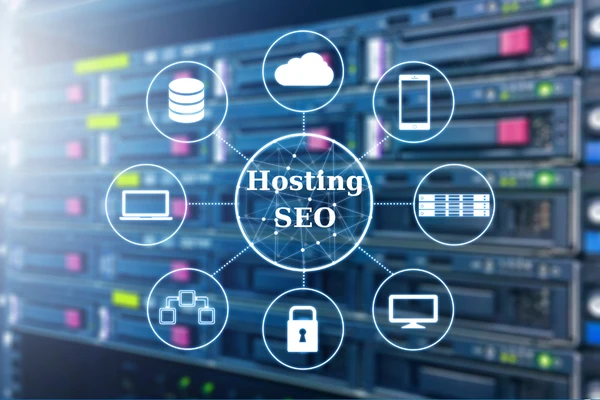
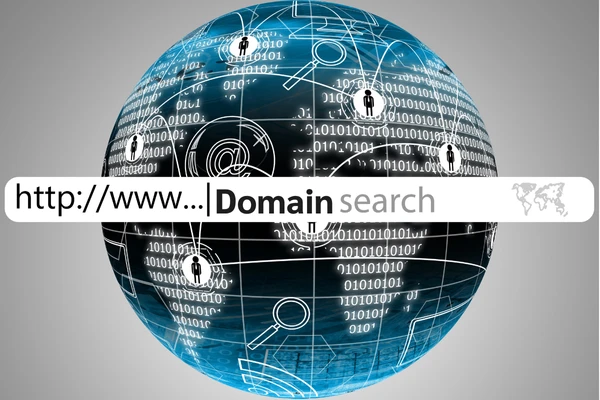
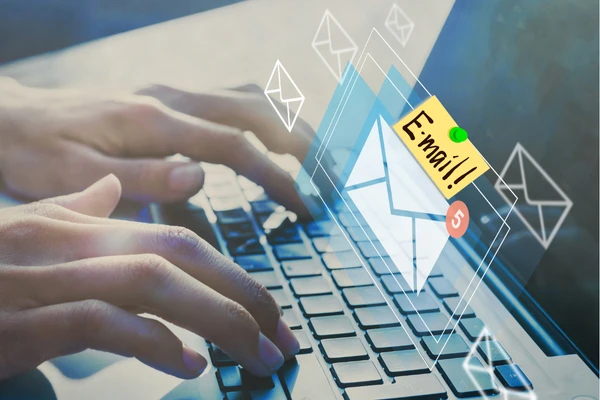





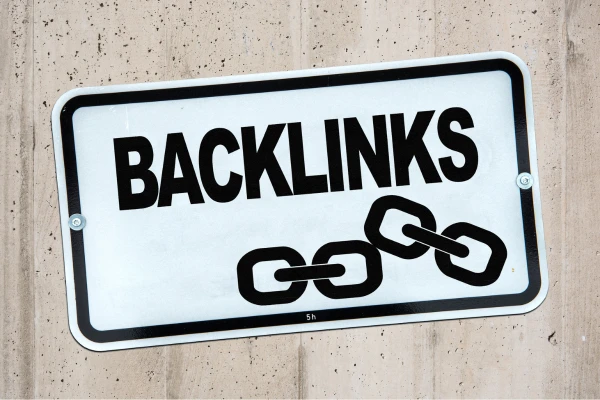



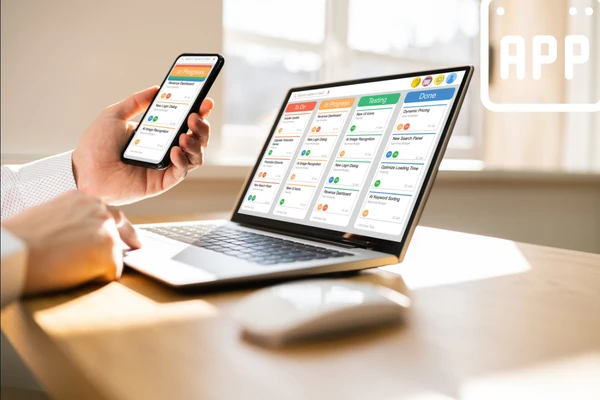
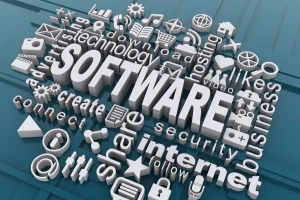








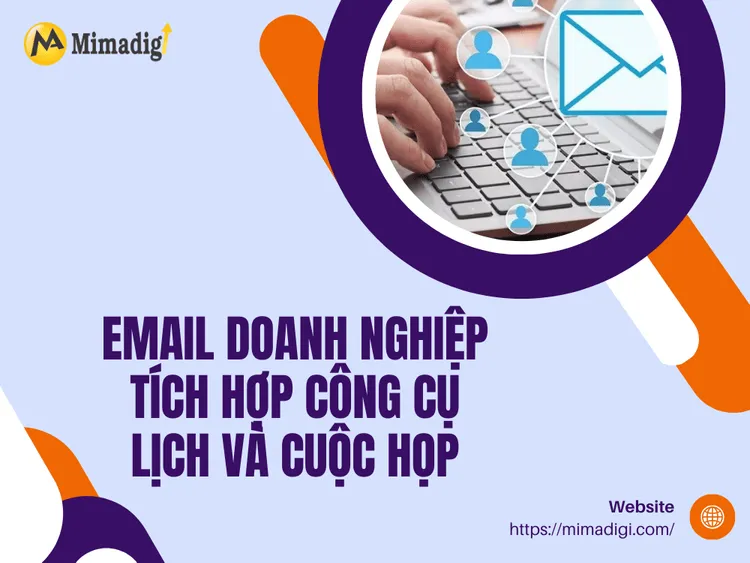
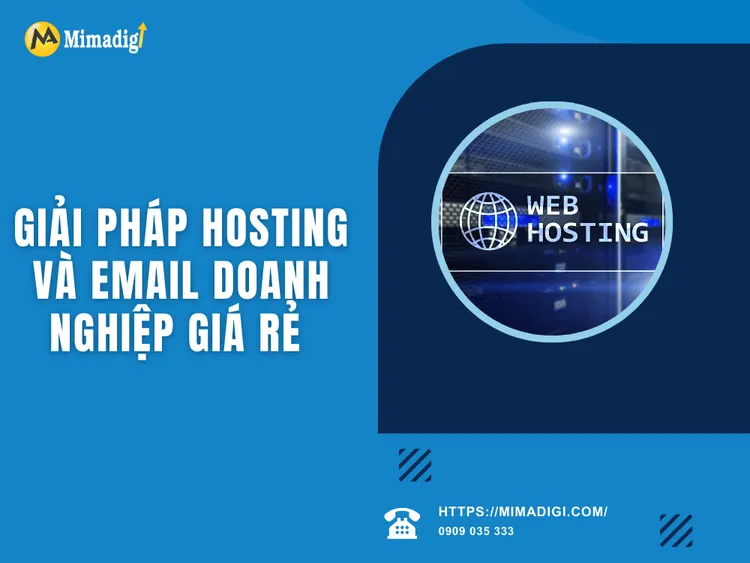


Share your review